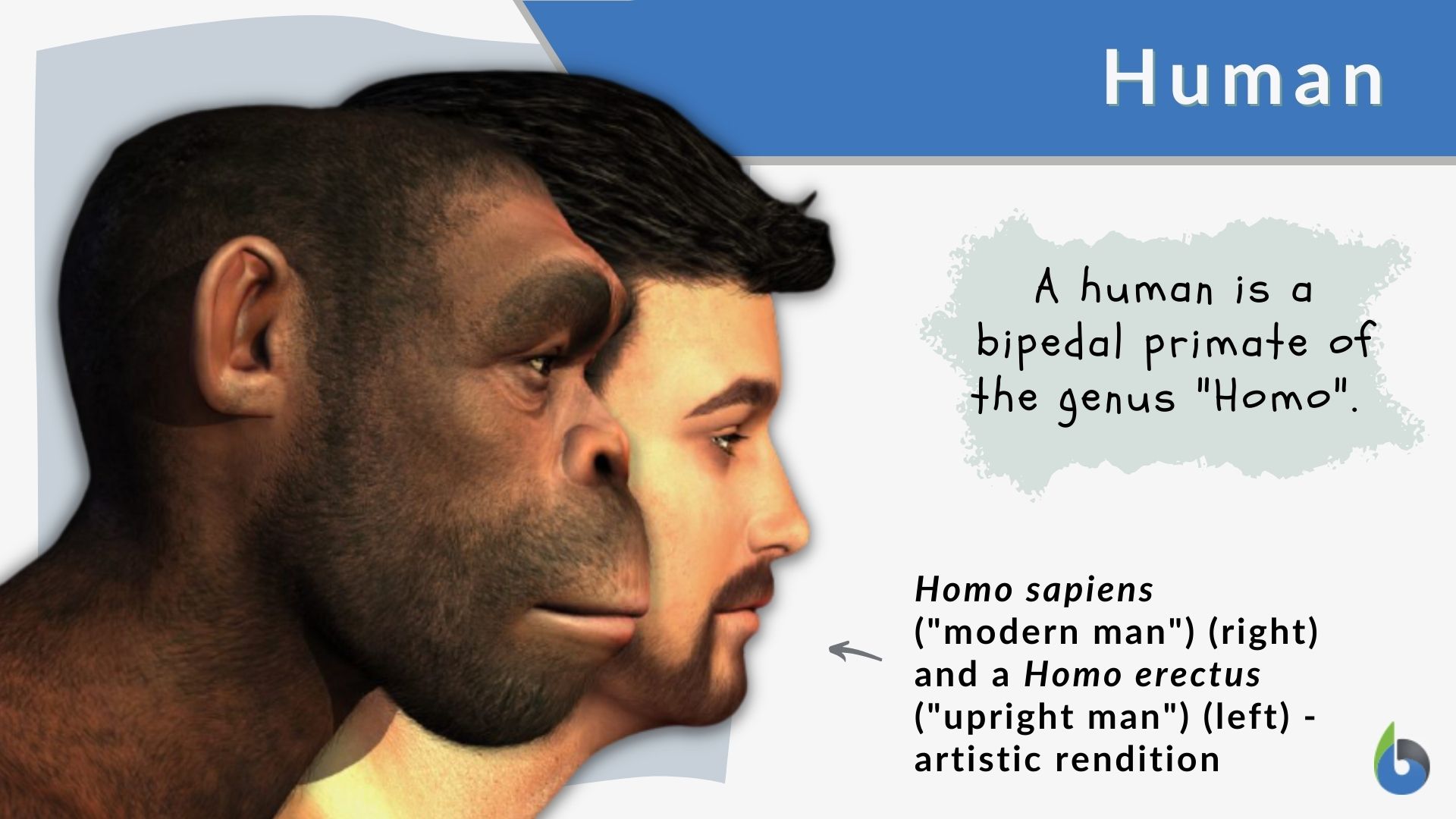The teachings of the Baha’i Faith present a profound and holistic perspective on humanity, advocating the notion of the human race as a singular, interconnected entity. This is articulated not merely as a dogma but as a lived reality, emphasizing a transformative vision of unity among diverse peoples. In exploring this concept, one can envision humanity as a tapestry—a magnificent and intricate work of art woven from various threads, each distinct yet altogether essential. Such a metaphor encapsulates the Baha’i view that every individual, irrespective of race, nationality, or culture, contributes to the grandeur of the human experience.
At the heart of Baha’i teachings lies the understanding that the concept of race is socially constructed and that all human beings originate from a common ancestry. This belief is not simply about biological lineage; it transcends to spiritual foundations that bind all individuals in a shared purpose and destiny. The Baha’i texts articulate a clear admonition against prejudice, asserting that it is a significant barrier to the societal progress and well-being of humanity. Thus, the Baha’i Faith vehemently condemns racism and casts it as a hindrance to the divine intention for unity among people.
Furthermore, the Baha’i Faith promotes the idea of global citizenship, urging individuals to transcend their localized identities and see themselves as constituents of a broader human family. This perspective encourages the abandonment of parochial viewpoints that often lead to divisiveness. Instead, Baha’is are taught to embrace an inclusive vision—one that acknowledges and celebrates the diversity of cultures while recognizing that these differences should not segregate but rather enrich the human experience.
In the realm of human equality, the Baha’i teachings suggest that gender equality is integral to achieving unity within the human race. It posits that the empowerment of women is essential for societal advancement. This philosophy posits that just as a bird requires two wings to soar, humanity requires the full participation of both men and women in all aspects of life. The metaphor is striking; without one wing, the flight is stunted, and progress is hampered. Therefore, achieving gender equity is not merely a philosophical ideal; it is a practical necessity for the flourishing of civilization.
Alongside social and gender equality, the Baha’i Faith espouses the ideal of harmony between science and religion. This convergence is paramount to the holistic development of humanity. The Baha’is maintain that true knowledge and understanding emerge when both realms synergistically converge. As humanity grapples with unprecedented challenges, this balanced approach becomes increasingly vital. When scientific advancements are informed by spiritual principles, they can be more effectively harnessed for the betterment of all—thus underscoring the necessity of viewing humanity through multiple lenses.
Moreover, the Baha’i teachings resonate with an intrinsic optimism about the future trajectory of humanity. They posit that despite historical and contemporary tribulations, humanity is on a path towards greater unity and connection. This optimistic outlook can be likened to a garden—initially, it may seem chaotic, with various seeds planted haphazardly. However, with time, care, and nurturing, a beautiful ecosystem emerges, demonstrating resilience and intertwined relationships. The belief that humanity will eventually evolve towards collective maturity provides a compelling incentive for individual and communal action.
Baha’i teachings emphasize the importance of education as a tool for achieving this unity. Lifelong learning and moral education are essential components. In communities encouraged to foster a culture of knowledge, individuals can develop the competencies required to break down prejudices and build bridges across divides. The ability to cultivate critical thinking and a sense of responsibility towards one’s fellow human beings is paramount in nurturing a cohesive society.
The cultivation of virtues—such as love, kindness, and compassion—is another cornerstone of Baha’i teachings. These qualities act as the adhesive in the fabric of the human race, binding individuals together in a collective endeavor to uplift one another. Encouraging individuals to live virtuous lives not only enhances personal spirituality but fosters communal well-being. Consequently, the transformation of society is inextricably linked to the character of its members. The Baha’i concept of service, whether to family, community, or humanity at large, provides a framework for actualizing these virtues.
As individuals embody the principles of unity and love, they contribute toward dismantling the structures of prejudice and inequality that pervade society. The Baha’i community observes that when people of diverse backgrounds come together in a spirit of cooperation and mutual respect, they simultaneously pave the way for a peaceful coexistence. Such collaborations can manifest in various forms—community service, intercultural dialogues, and joint initiatives aimed at addressing common social challenges. By extending hands rather than erecting barriers, individuals can demonstrate that diversity is indeed humanity’s strength, not a source of discord.
In conclusion, the Baha’i view of the human race encapsulates a unique and compelling vision of unity. It invites humanity to reimagine itself as a singular entity intertwined in a shared journey of progress—marked by trials yet illuminated by the bonds of affection and understanding. As individuals strive to actualize these transformative ideals, they contribute to the emergence of a civilization characterized by compassion, equity, and mutual advancement. Indeed, the promise of a united human race beckons, requiring steadfast commitment and collaborative action for its realization.
